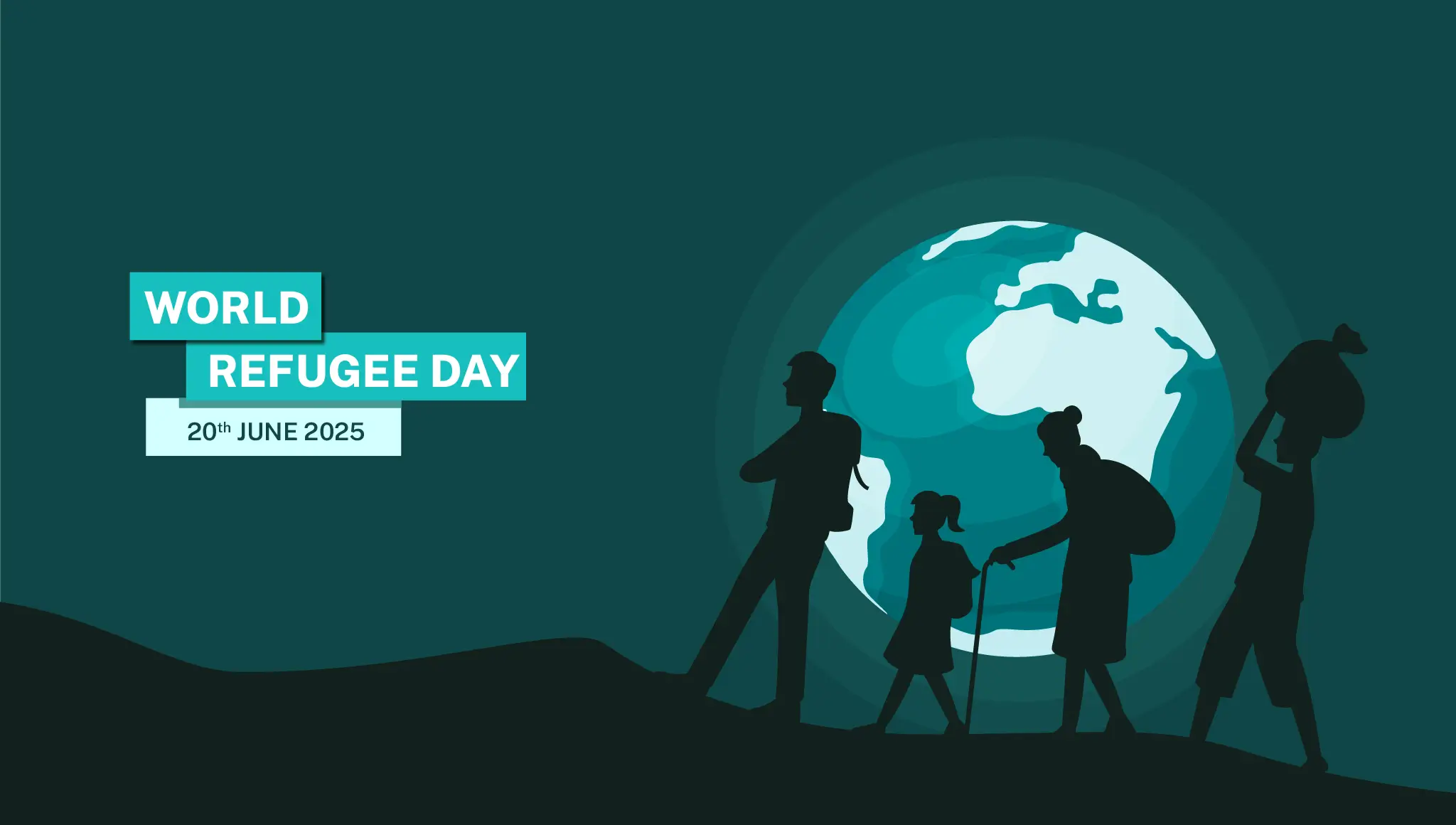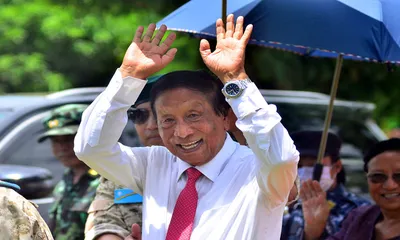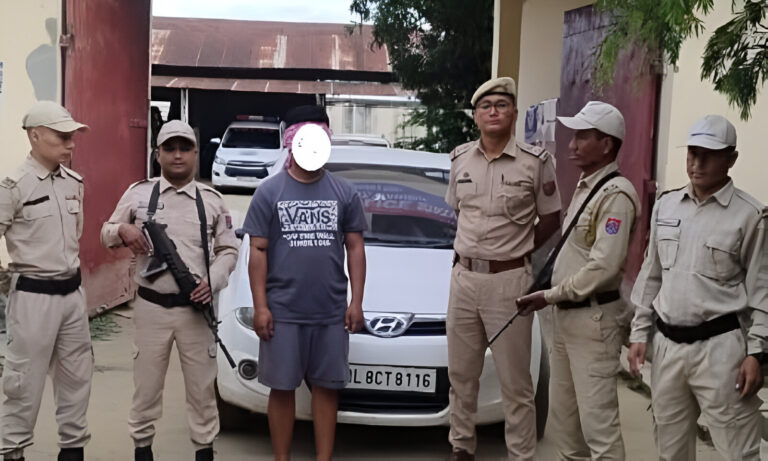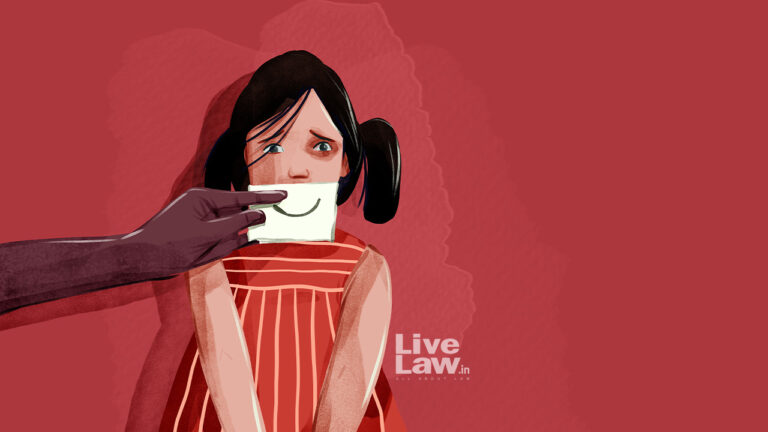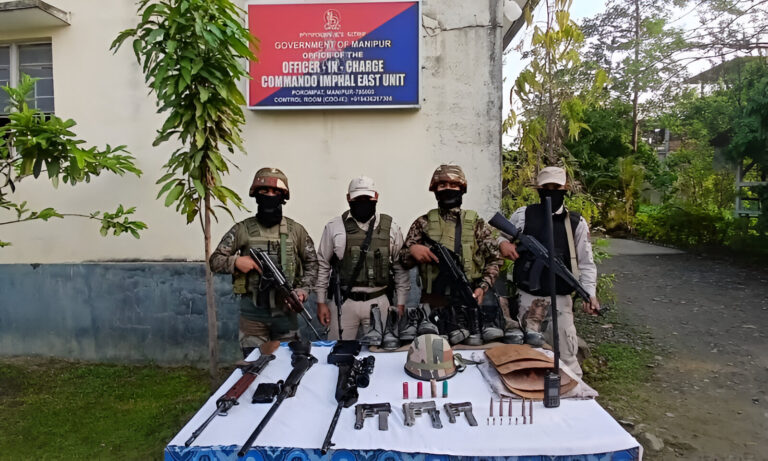World Refugee Day 2025: Health, Hope & Human Dignity
Short Summary of the News Article
World Refugee Day 2025, observed on June 20, emphasizes solidarity with the 123 million forcibly displaced people worldwide. The World Health Organization (WHO) highlights that health is a universal human right and central to the dignity, protection, and inclusion of refugees This year’s theme, “Solidarity with Refugees,” urges governments, communities, and organizations to strengthen inclusive health systems, ensuring that refugees—especially women, children, and vulnerable groups—have access to essential healthcare. WHO underscores the role of refugees themselves—as health workers and leaders—in enriching global societies and calls for sustained investment in culturally sensitive care, workforce training, data-driven solutions, and cross-border cooperation
Introduction: Why World Refugee Day Matters
Have you ever thought about what happens when a person is forced to flee their home—leaving behind everything familiar? On June 20, 2025, the world comes together for World Refugee Day—a day to honor the courage of tens of millions who’ve lost homes, safety, and normalcy because of war, persecution, or disaster.
Governed by the United Nations and championed by agencies like WHO and UNHCR, this day isn’t just symbolic—it’s a call to action. It spotlights the theme “Solidarity with Refugees”, urging us not just to feel empathy, but to take meaningful steps. This year, the spotlight shines on something every human being deserves: healthcare—a basic necessity that shapes dignity, community integration, and the ability to thrive.
What is World Refugee Day?
- When: June 20 each year, since 2001—dipping into roots from Africa Refugee Day in the 1960s
- Why: To honor refugees’ resilience and raise awareness about their ongoing struggles.
- Who participates: Governments, NGOs, celebrities, artists, students—and most importantly, refugees themselves
From peace rallies in Glasgow to educational webinars, this day is a mosaic of global voices coming together.
2025 Theme: “Solidarity with Refugees”
This year’s theme isn’t just a slogan—it’s a promise. Solidarity means:
- Listening to refugee stories and creating space.
- Defending their right to safety and dignity.
- Building inclusive systems: schools, jobs, legal pathways.
- Backing host countries with funds, policies, and infrastructure
In health terms, solidarity translates to: no one is excluded—regardless of legal or financial status.
The Health Crisis Facing Refugees
Currently, nearly 123 million people are forcibly displaced—approximately 43 million are officially refugees Most of them reside in low- and middle-income countries, where healthcare systems struggle under pressure
Key challenges include:
- Legal and financial exclusion: Laws and costs block access to care
- Prolonged displacement: Many spend over a decade waiting for solutions
- Children in crisis: Some 47 million refugee children face interrupted access to health and education
- Maternal danger: Women and newborns face disrupted prenatal and postnatal care
- Underfunded services: Budget cuts target mental health, primary care, and maternal services .
WHO’s 2025 Messages & Mandates
WHO is sending a clear message: “Health is a fundamental human right”—refugees included
WHO’s key calls to action:
- Include every person in universal health coverage, regardless of status.
- Support resilient, inclusive health systems—especially in border regions.
- Invest in data and research to drive policies.
- Train health workers in cultural competence and refugee-led leadership.
WHO’s recent milestones:
- Helping countries like Bulgaria and Uganda integrate refugee health programs
- Launching a Dashboard with over 140 case studies from 63 nations
- Training more than 19,000 professionals globally and certifying 600+ via e-learning
The Human Side: Stories of Resilience
- Refugees as doctors & advocates: Far from just recipients, many refugees are health professionals—some run clinics, others aid new arrivals .
- Maya Ghazal, the first female Syrian refugee pilot, later became a UNHCR goodwill ambassador—her journey defies stereotypes and shows potential
- Ger Duany, a former child soldier from South Sudan—became an actor and UNHCR ambassador, proving that with support, refugees reshape narratives
How You Can Participate
GIVE
Support organizations like UNHCR, WHO, Save the Children, and IRC—every donation helps expand refugees’ access to healthcare and essentials .
WEAR
Purchase solidarity bracelets—like MADE51—crafted by refugee artisans. A symbolic yet practical expression of support
SPEAK OUT
Call for policies that ensure refugees’
- healthcare access,
- safe legal pathways,
- and funding to host communities.
VOLUNTEER
From language tutors to healthcare assistants, your time strengthens integration.
ORGANIZE OR JOIN EVENTS
From marches like Glasgow’s to library webinars, attend or host gatherings to bring this mission home
Learning from Digital Heritage & Advocacy
Groups like UNESCO are preserving refugee histories via digital archives—from WWII visa rescues to stories of political exiles . These acts of historical solidarity inspire future action.
Why It’s More Important Than Ever
- Displacement has reached record highs: Over 122 million people forcibly displaced—a number surpassing entire countries
- Funding is shrinking: Humanitarian cuts threaten basic services—especially food aid for groups like the Rohingya .
- Host nations under strain: Most refugees stay in developing countries—supporting them is a global responsibility
- Solutions exist: Innovations in data, legal migration pathways, and cross-border healthcare are proving effective .
Conclusion: Solidarity in Action
World Refugee Day isn’t just a date—it’s a movement. By showing solidarity:
- We protect lives—ensuring access to doctors and medicine.
- We build hope—by educating children and empowering voices.
- We strengthen communities—integrating the skills and leadership refugees bring.
Let’s pledge: no one is invisible. Health is a right, not a privilege. On June 20—and every day—choose solidarity.
Frequently Asked Questions
1. Why is World Refugee Day on June 20?
It commemorates both Africa Refugee Day and the UN Refugee Convention—inaugurated globally in 2001 for the convention’s 50th anniversary
2. What does “Solidarity with Refugees” truly mean?
It’s more than empathy—it’s listening to refugee stories, safeguarding rights, and building inclusive systems where they can thrive.
3. How can I support refugee health on World Refugee Day?
You can donate, volunteer, advocate for policy change, or join solidarity events like online webinars, marches, or community programs.
4. How do refugees contribute to health systems?
Many are doctors, nurses, researchers, and leaders who enrich host societies and aid fellow refugees
5. What are the biggest barriers to refugee health care?
The main challenges include legal restrictions, high costs, underfunded services, cultural mismatches, and insufficient data or training programs .
